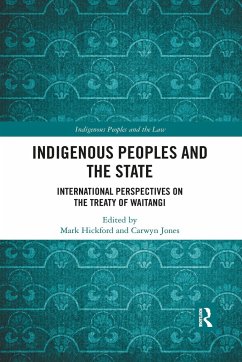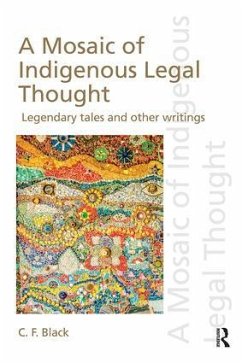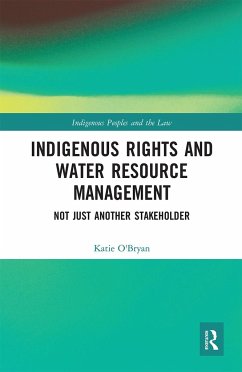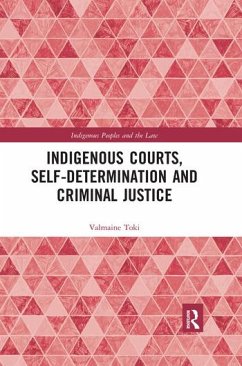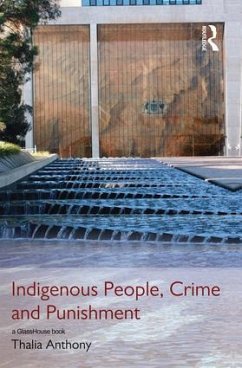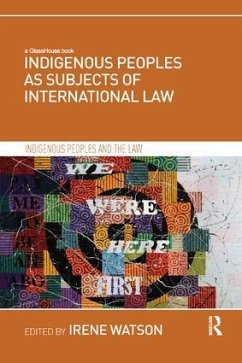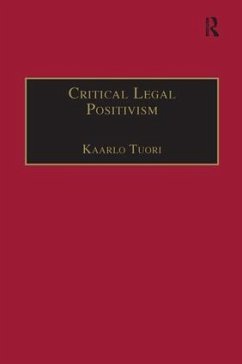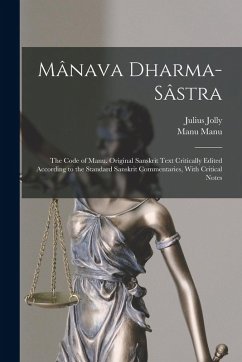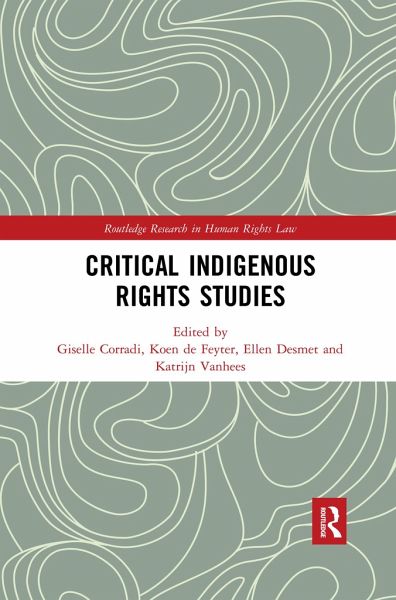
Critical Indigenous Rights Studies

PAYBACK Punkte
28 °P sammeln!
This edited volume explores new directions in research on indigenous peoples and their rights. The book proposes a move towards a field of 'critical indigenous rights studies', characterised by taking a realist (as opposed to an idealised) approach towards indigenous peoples combined with an interdisciplinary approach.





